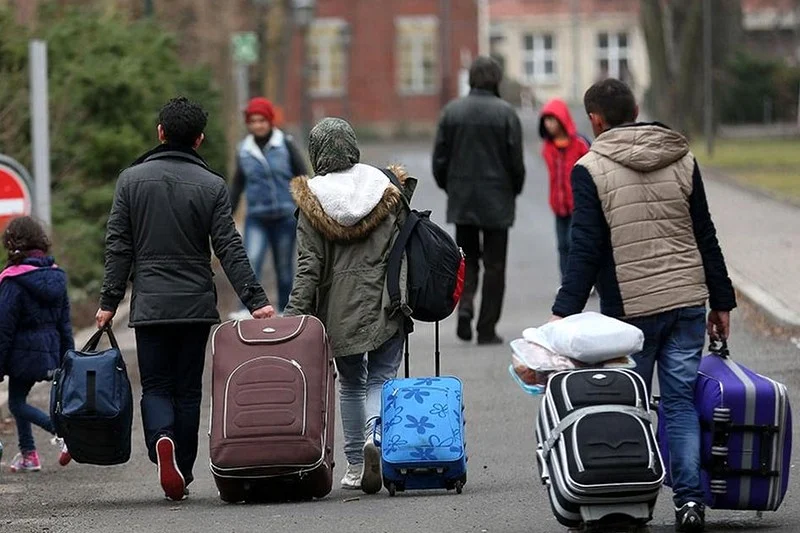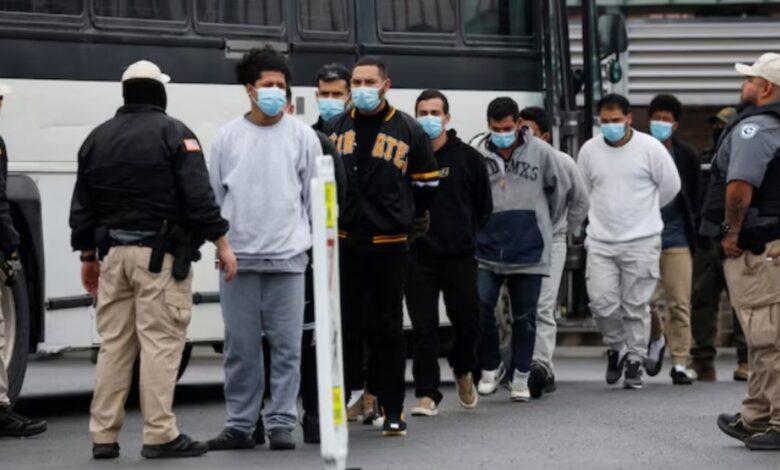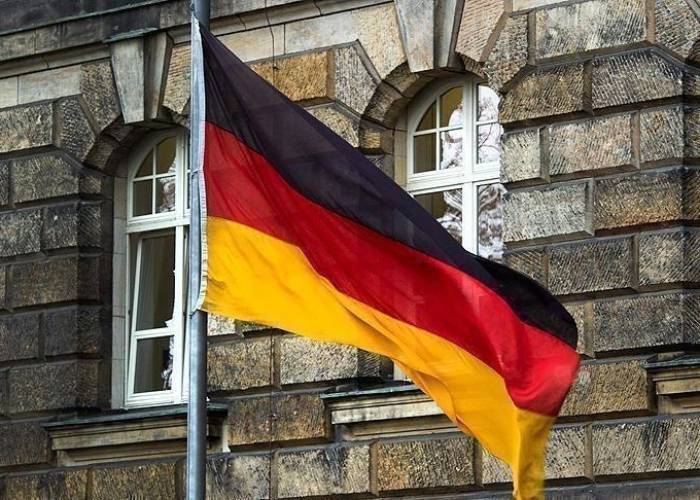The Federal Minister of the Interior and Community, Faeser, visits the Bulgaria-Turkey border to assess the EU’s external border protection measures following the European Parliament’s adoption of stringent immigration policies. Faeser emphasizes the criticality of safeguarding external borders.
The minister personally witnessed the three-meter-high fence that separates the borders of Bulgaria and Turkey. The fence is topped with barbed wire and equipped with surveillance cameras that are directed towards the Turkish border. Thermal imaging technology is used to monitor the approach of migrants and notify border patrols. According to Lars Gerdes, Deputy Executive Director of Frontex, migrants usually refrain from attempting to enter the national territory when they see patrols, as they quickly disappear on the Turkish side.
Faeser engaged in discussions with border guards to understand operational strategies. Bulgarian guards emphasized the importance of swift action to intercept migrants before they reach the border fence. They explained that once migrants reach the fence, they could use ladders to climb over or attempt to dig passages to crawl beneath it.
Faeser has previously supported the European Union’s new anti-immigration measures, which are the strictest policy ever. Under these measures, asylum seekers are subjected to detention procedures on the European Union’s external borders, living in poor prison-like conditions. She believes that Germany’s open internal borders cannot exist without strong protection. Furthermore, she believes that implementing the new asylum system will reduce the division within the European Union regarding immigration.
As for the number of migrants, there has been a significant decrease. According to Bulgarian Interior Minister Kalin Stoyanov, the number of migrants attempting to cross the border illegally this year was 7,000, which is much lower than the 27,000 cases reported last year.
On the flip side, human rights organizations accuse Bulgarian border guards of breaching human rights standards by frequently illegally returning refugees and treating them harshly. In response, the Bulgarian Interior Minister denies these allegations, characterizing them as isolated incidents under investigation. One of the Bulgarian government’s objectives is to eradicate instances of inhumane treatment of refugees and ensure accountability for those responsible.
Faeser believes that Bulgaria has a significant role in the new European asylum system due to the high levels of illegal immigration through its borders with Turkey. It is expected that Bulgaria will implement the new immigration system within two years. The European Union will discuss the implementation of the system at the end of April. Concrete plans for implementation are already being discussed, including a pilot program aimed at reducing processing time and achieving full implementation as quickly as possible.





